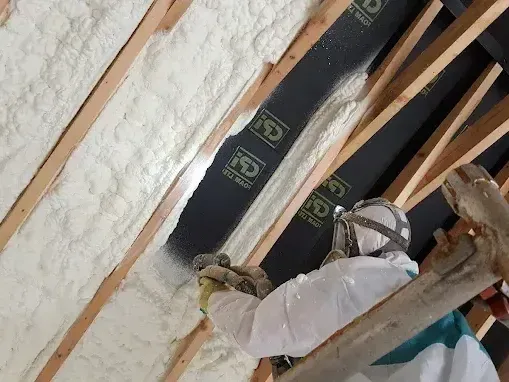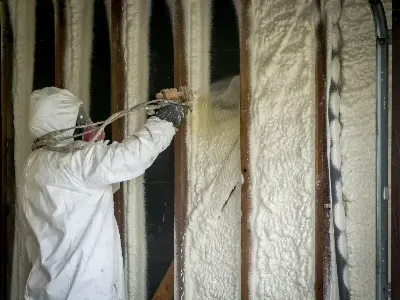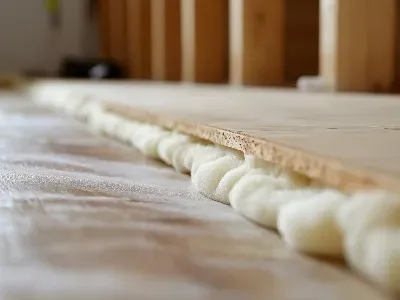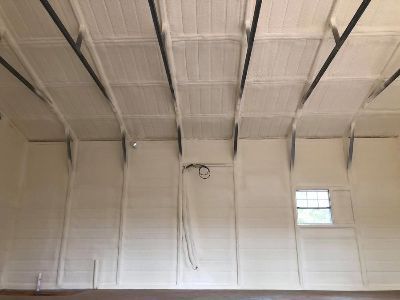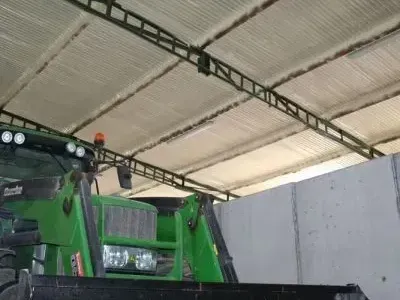Professional Spray Foam Insulation can help you save up to 50% on your heating costs!
We are professionally trained contractors for residential or commercial spray foam insulation throughout Ireland. All our products are CE marked and can be applied in ANY country in the EU and comply with the Harmonized European Standard EN: 14315-1 and European Construction Products Regulation 305/2011.
Registered
SprayFoam Insulations is a fully registered provider, ensuring safe and compliant installations across residential, commercial, and agricultural properties.
Certified
Our certified team upholds the highest standards, with advanced training to deliver quality insulation that meets strict industry requirements.
Insured
We are fully insured, giving you peace of mind throughout the installation process, with protection for every stage of the project.
Nationwide
Serving clients across Ireland, we bring high-quality insulation to urban and rural areas, ensuring energy efficiency and comfort wherever you are.
Comprehensive Spray Foam Insulation Solutions for Every Area of Your Property
Spray foam insulation is a versatile and highly effective solution for improving energy efficiency, regulating indoor temperatures, and reducing heating and cooling costs across various areas of your home, business, or agricultural property. Whether you need insulation for attics, walls, floors, roofs, sheds, boats, commercial spaces, or agricultural buildings, spray foam forms a durable, airtight barrier that fills every gap.
Attic Insulation
Maximize energy efficiency and keep your home cozy year-round with our attic spray foam insulation. Ideal for new builds or upgrades.
HOW IT WORKS
Spray foam insulation works by applying a liquid polyurethane mixture that rapidly expands upon contact with a surface, filling in every nook, crack, and crevice. When sprayed, the foam expands up to 100 times its initial volume, forming a seamless, airtight barrier that prevents air leakage and significantly reduces heat transfer. This unique property creates an effective thermal and air barrier within walls, attics, floors, roofs, and other building structures, delivering insulation coverage in areas where traditional materials may fall short.
Spray foam’s versatility makes it suitable for both residential and commercial applications, offering long-lasting insulation, improved energy efficiency, and added durability to the building envelope. These qualities make spray foam insulation a comprehensive solution that can adapt to different building types, from homes and workplaces to agricultural and industrial facilities.
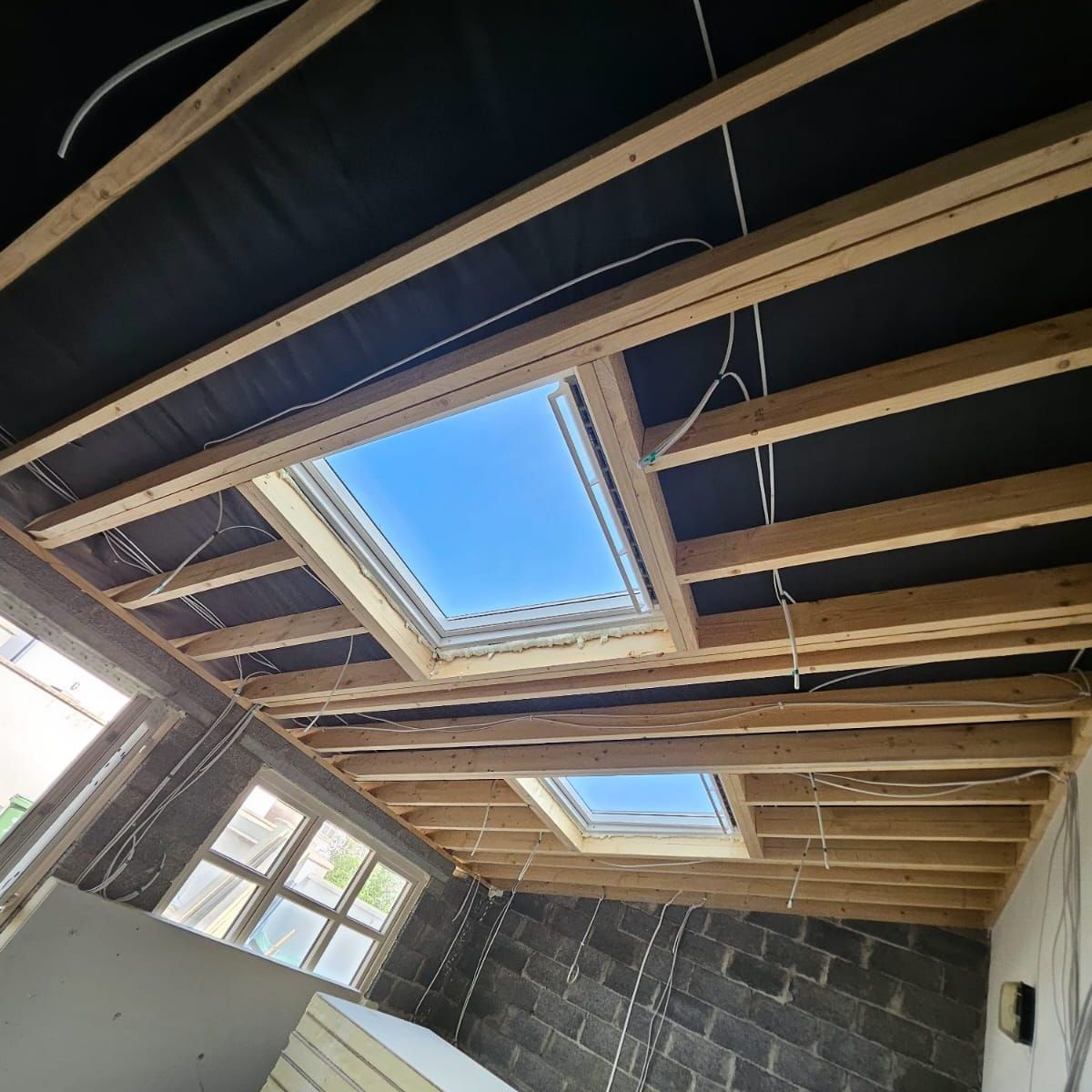
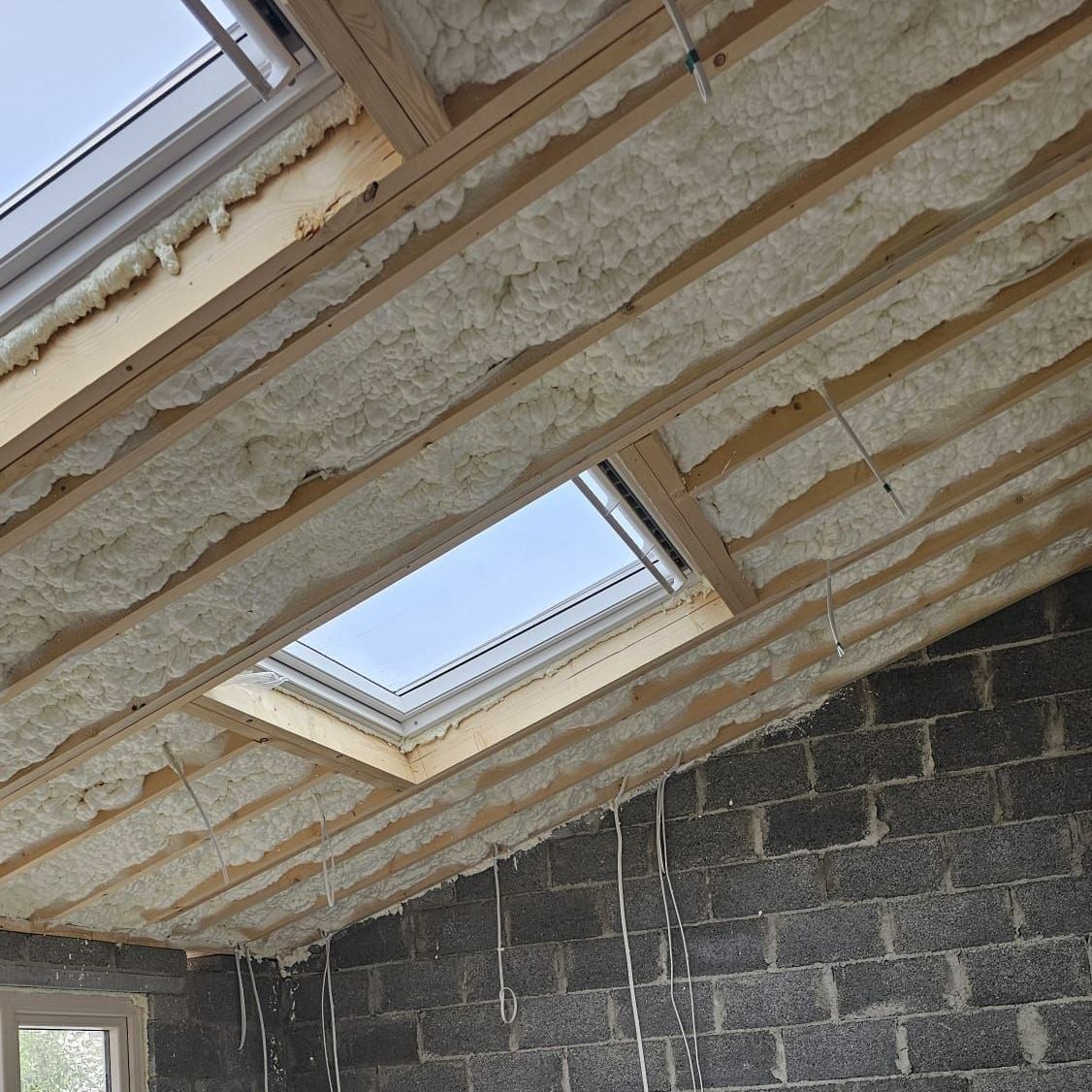
BREATHABLE VENT CARD
Spray foam insulation offers exceptional thermal performance and energy efficiency, but misconceptions about its impact on roof health have led to questions about its use in attics and roof spaces. One common myth is that spray foam can "suffocate" a roof, trapping moisture and leading to rot or damage. In reality, when installed correctly and combined with a breathable vent card, spray foam insulation actually enhances roof performance and protects against these potential issues.
HOME ENERGY UPGRADES
Check a Homeowner’s Guide To Attic and Rafter Insulation
Insulation Grants Ireland – Up to €1500 SEAI Grant
Frequently Asked Questions
What is the cost of spray foam insulation per sq. meter?
The costs of insulating with spray foam will vary depending on what you are insulating. If you are insulating an attic/loft, a floor, wall, or roof in a residential home then you will use open cell spray foam insulation. If you are insulating a metal shed, industrial pipes, storage container, or shipping container then you’ll use closed cell spray foam. So the type of foam used affects the price as well as what you want to insulate.
What depth of insulation is required?
The depth of insulation you apply will affect the costs as the greater the depth the higher the price. With the Building Energy Ratings now applying to almost all buildings, understanding how to reach your desired BER will affect the amount of spray foam that needs to be applied.
Do building regulations require a 50mm air gap?
2019 Building Regulations state that a 50 mm air gap be maintained between the roofing felt and the membrane of insulation material. In order to determine whether you need an air gap firstly find out if your roof was counter battened or not. If it was counter battened you can apply the open cell spray foam insulation directly to the roofing felt. If your roof was not counter battened then you will need to apply for a breathable vent card in between your rafters prior to applying the foam. This will add some extra costs to the job.
How long does it take to complete application?
Contact usThe less transport time spent going to and from the job can affect the costs as will the amount of time spent doing the job itself. We recommend using a contractor that is based near you. All of these factors will determine the cost. If you would like to get an accurate quote please contact us by providing us with as much detail as possible and we will get back to you with the costs.
What are the advantages of Attic Insulation?
- Reduce your heating bills by improving your energy efficiency.
- Increase your home comfort levels.
- Support the climate by reducing your own greenhouse gas emissions.
- Improve your home’s energy rating.
What is Polyurethane Foam Insulation?
Polyurethane is used in many household items from the stuffing in some pillows, the wheels on your skateboard to the Spandex worn in sports clothes. It is also used extensively in the insulation business mainly used in the form of insulated slabs or boards.
Organic polymers that are used to make foam insulation are specifically designed with their end-use in mind. To create polyurethane foam in sprayable form, the polymer reacts with isocyanide at the top of the spray gun and forms the insulation material in an exothermic reaction.
The polymer used to insulate a shed will, when applied create a dense rigid coating while the polymer used to insulate your attic will expand and form a spongy material that allows it to ‘breathe’.
There are 2 main types of Polyurethane foam used in insulation, open cell spray foam and closed cell spray foam.








